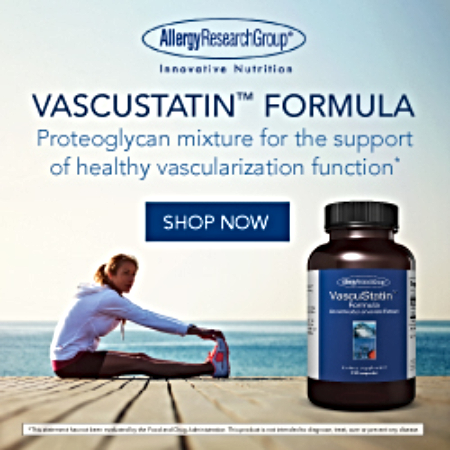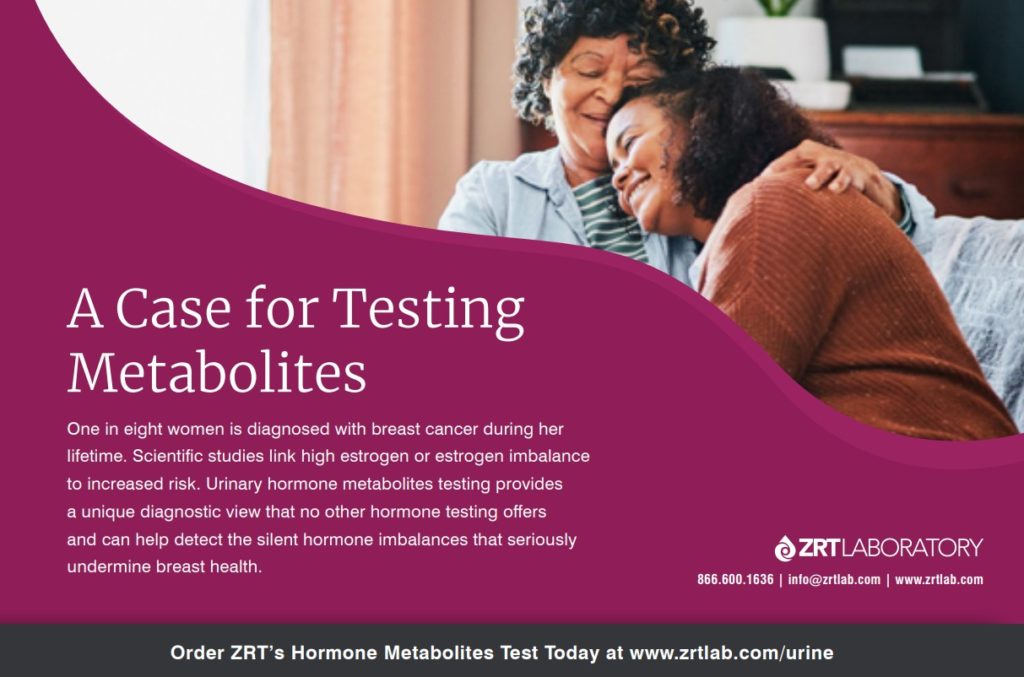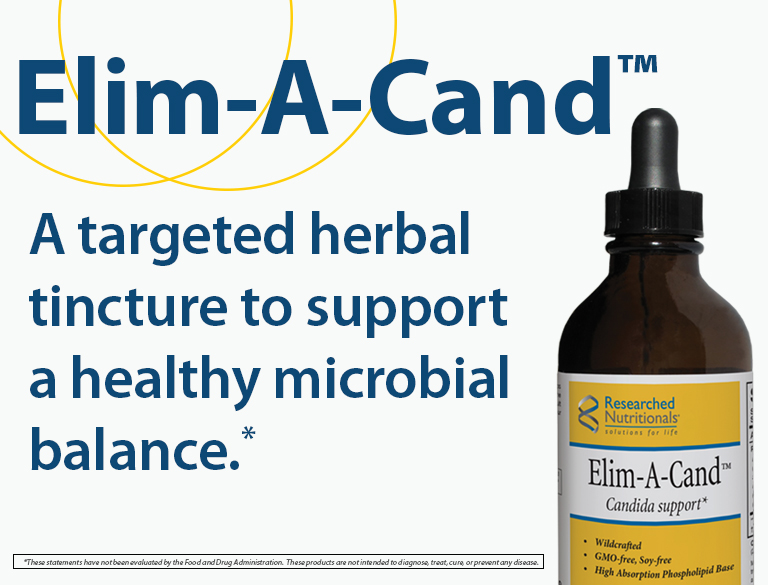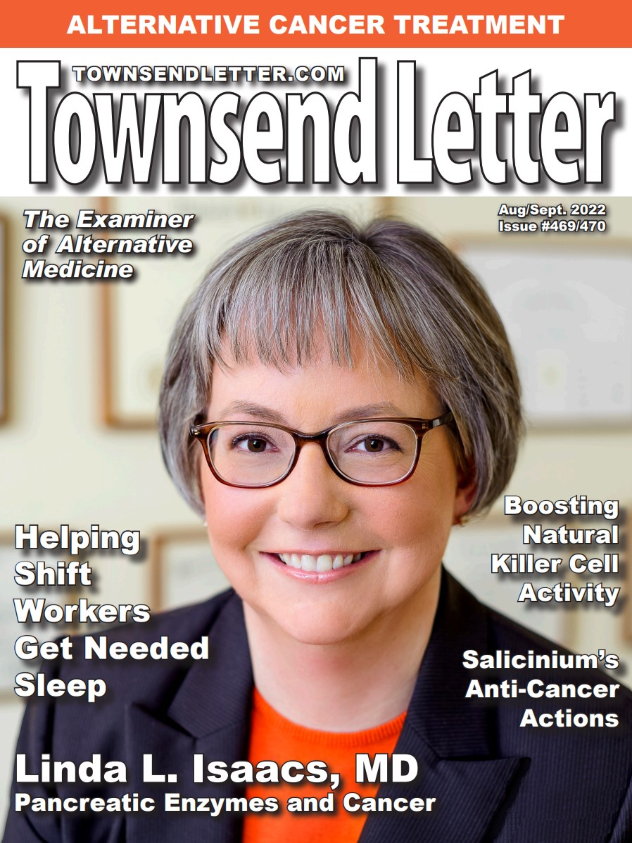By Dr. Raymond CF Yuen
Orthomolecular Medicine News Service
While serving as a consultant for a cancer support group, I was often asked how diet, nutrition or supplements can help cancer patients. Eventually, I searched and found that many vitamins and micronutrients are clinically helpful in improving quality of life and prolonging patient survival. I began to explore the use of non-toxic medicines or nutrients to help prevent and reverse cancer, and one of the star products I found was vitamin C. I applied high dose intravenous vitamin C (HDIVC) combined with other micronutrients and supplements to help patients. Amazingly, but not surprisingly, many of them improved. To spread the word to the medical world, I published a report on some case histories.1 The report drew some attention and many criticisms about the vitamin C treatment. What puzzled me was that the opposing views were mainly from medical professionals. They criticized the HDIVC treatment as non-evidence-based and unlawful. I rechecked the medical literature and clinical research on vitamin C and noted that the controversy had been there since Captain James Lind used citrus fruits to treat his sailors, and more recently, Linus Pauling and Cameron used HDIVC in their cancer trials.2
Although HDIVC as a cancer treatment therapy has not been well documented, it is well supported and recognized as a supportive or adjunct cancer treatment.3-7 HDIVC has proven effective in reducing complications from chemotherapy8 and radiotherapy.9 It also enhances the killing of cancer cells,10,11 which improves patients’ quality of life and survival.8,12 Recent findings have documented that HDIVC enhances immunotherapy and reduces its adverse side effects.13,14
The more I researched vitamin C and its clinical application, the more I realized it is a panacea for medicine.15 How could a trained physician miss out on this potential cure for most inflammatory diseases, including cancer, cardiovascular disease, and infectious diseases such as Covid-19?
I am convinced HDIVC only appears to be a controversial treatment for those unaware of recent research on essential nutrients — and who have a potential conflict of interest.2,16 Despite my struggle to convince the medical establishment of its clinical utility, HDIVC is crucial for cancer treatment.1,17,18 I hope my work on vitamin C research will help clarify some of the medical myths about HDIVC therapy and its clinical application in cancer immunotherapy.2,3,19 Knowledge about vitamin C saves lives.
Malaysia, Indonesia, and Singapore are relatively strict about the use of alternative medicine such as HDIVC for cancer and other chronic diseases. HDIVC is classified as non-evidence-based medical practice, and doctors utilizing it are threatened with being censored and penalized. Yet, somehow, many physicians and specialists quietly provide HDIVC for their patients and relatives or even for their politicians. In contrast, countries like the Philippines, Taiwan, and Thailand are quite open to HDIVC, and every year draws more medical tourists. Hong Kong is more flexible in alternative medical treatment, and some clinics there offer HDIVC as supportive care for cancer with special permission granted by the medical authority. I hope recent research will produce more clinical data to “certify” that HDIVC is beneficial for treating cancer.
However, time is running out for some cancer patients. An immediate application of HDIVC could be life-saving for them. Even though the medical establishment does not accept the efficacy of HDIVC, given its safety profile and potential benefits in cancer treatment, HDIVC may be given on the grounds of compassionate use. Even for the advanced stages of cancer, HDIVC has proven effective in reducing inflammation and improving quality of life.20,21
In the ten years that I have been administering HDIVC for cancer patients, I have always found it effective in improving patients’ quality of life and survival. I have seen stage 4 cancer patients who were given a poor prognosis survive longer than their oncologists’ prediction or expectation. I have documented a stage 4 ovarian cancer patient who survived more than five years.17 Now for over eight years, she is still asymptomatic, cancer-free, and has a good quality of life.
Recent research has shown that while chemotherapy kills cancer, it also tends to enhance the spread of cancer throughout the body,22 and most cancer patients given chemotherapy eventually develop side effects or other organ failures.22 Another common phenomenon is the off-label use of chemotherapeutic drugs for cancer patients, which according to one study often accounts for more than half of adult cancer treatments.23 In another study, 33% to 65% of end-stage cancer patients were more likely to be given such off-label drugs. Eaton et al. reported that 82% of end-stage breast cancer patients take off-label chemotherapy.24 The US National Cancer Institute has stated that the actual figure of off-label cancer drugs might be even higher than reported.25
This off-label chemotherapy is non-evidence-based and often has significantly higher side effects and reduces patients’ quality of life. We have proposed the off-label use of HDIVC for cancer26 because it is much safer with good patient outcomes. HDIVC is more body-friendly and can even enhance immune functions to help neutralize cancer.19 For these very desperate cancer patients, treatments that are not focused solely on killing cancer cells may be preferred. HDIVC treatment may control the tumor growth while improving quality of life and lengthening survival periods.7,16
Notably, high dose vitamin C has been used for the last five decades either as supportive care or as an anti-cancer treatment27 with anecdotal successes coupled with very good safety profiles.18,28 Nevertheless, so far, it has failed to achieve any regulatory approval. Fortunately, the various vitamin C mechanisms that control cancers are now much better documented, and there are currently many ongoing clinical trials.11,29,30 With the currently better known high dose vitamin C pharmaco-kinetics and anti-cancer mechanisms,31-33 it is recommended that all cancer patients should be considered on compassionate grounds to receive high dose vitamin C as supportive treatment or as an adjunct anti-cancer therapy.7,11
Regulations apart, for a desperate patient without realistic treatment modalities, the patient’s therapeutic response should be our guiding principle — rather than continuing to adhere to strict treatment guidelines. This is especially true in the treatment of advanced cancers, for such cancers may involve a multiplicity of organs, and the involvement of each organ may also differ. Thus, the treatment of choice should be more precise and personalized.
In contrast to the official rulings alluded to above, high dose vitamin C may be considered as an innovative cancer treatment that fulfills most of these requirements:
- There is clinical plausibility34,35
- There is biological plausibility5,11,32
- There is proven clinical effectiveness36
- It is affordable to most desperate cancer patients5,18
- It may enhance the effects of regimens14,37,38 (therapy-related)
- It may repair the damage, e.g., vocal cord recovery39 (disease-related)
- It may eradicate cancer stem cells.4,10,40,41
Recent well-documented research shows that high dose vitamin C therapy has several biological mechanisms of action on cancer cells.6,11,35 This is undoubtedly the rationale for its strong history of clinical success in treating cancers.42 However, the clinical efficacy remains controversial since the gold standard for an investigational drug would be to conduct randomized controlled trials—which is difficult without patent benefits for vitamin C. Apparently, with limited funding, one has to work much harder on vitamin C research. Reassuringly, there is growing evidence supporting the anti-cancer effects of high dose vitamin C, especially as recent research suggests that vitamin C is well tolerated and has minimal side effects.29,43 Recently, there have been a few ongoing randomized and non-randomized clinical trials of high dose vitamin C on cancer.29,30,44 As of 2018, the cancer researchers at the Holden Comprehensive Cancer Centre of the University of Iowa have received a five-year grant of $9.7 million from the US National Cancer Institute for high dose vitamin C cancer research.44 Undoubtedly, more and more high dose vitamin C clinical research activities are to be undertaken soon. One of the reasons is, although cancer treatment resistance is closely related to cancer stem cells, vitamin C may be able to eradicate these stubborn cancer stem cells.10,40,41,45 Meanwhile, with the safety profile and clinical effectiveness of vitamin C, it would be advisable to commence high dose vitamin C on compassionate grounds for desperate cancer patients.12,46,47
At this period of severe economic depression, COVID-19 pandemic, HDIVC is attractive as it not only has a good safety profile but is also eminently affordable. Moreover, as no exceedingly expensive, very time-consuming drug development efforts are required, HDIVC would seem more crucial than controversial.











